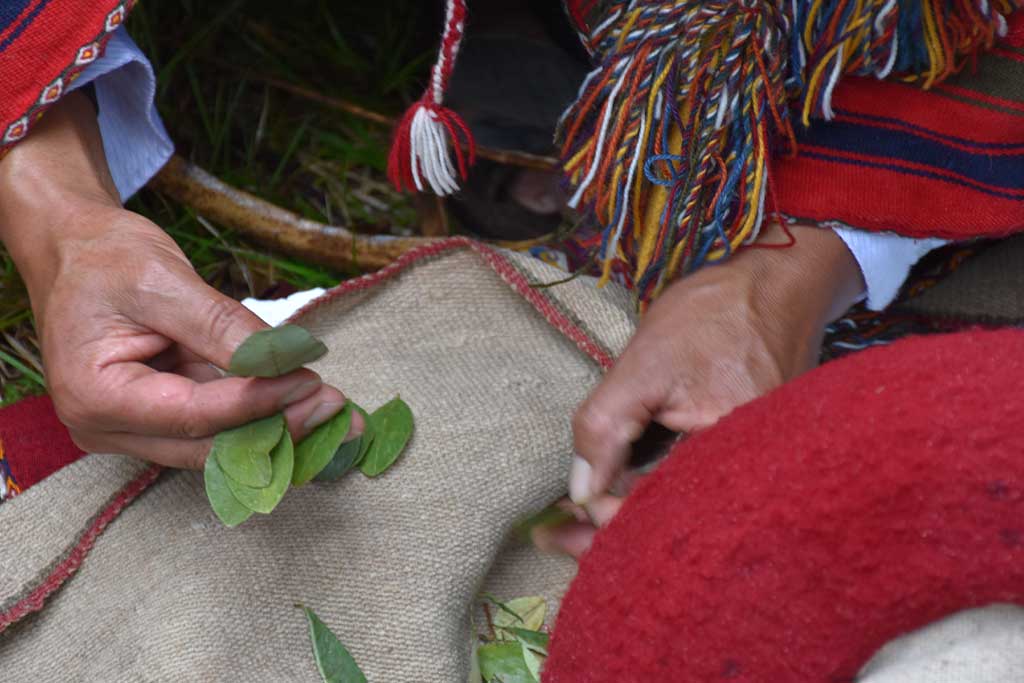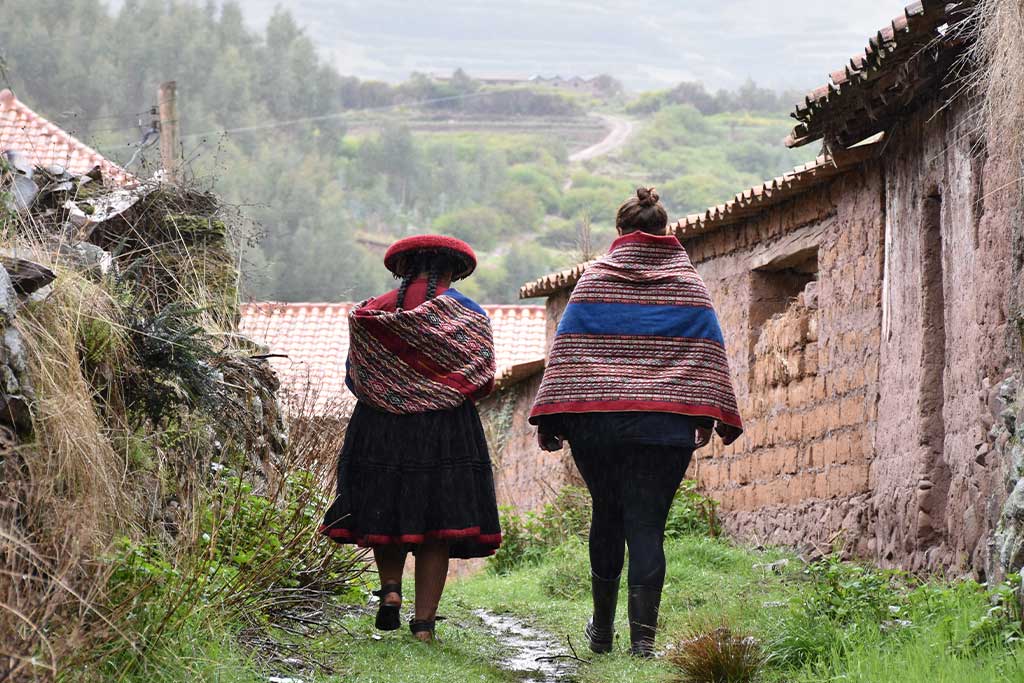The importance of health rises above cultural particularities. Though medical practices vary from country to country, the body’s physical and mental needs are universally human. Culture and community, however, deeply impact an individual’s chances of living a long and healthy life.
The disparities around the globe in not only medical care itself but also health education is what led me to explore connections between social responsibility, sustainability and human health. By attending a college that encourages interdisciplinary thought, I have been able to study public health through a wide array of lenses.
In addition to taking general courses in anatomy and physiology, I spent a lot of time considering the more subjective determinants of well-being, namely those that are affected by cultural and social environments. My research focused on the interconnectivity of climate change, psychology, social justice, cultural context, and public health.

Public health dances between the sciences and the humanities. So as my junior year came to a close, I didn’t feel drawn to medical school, but I knew I was passionate about the field of human health. I was left with a wealth of ideas, but felt I was lacking a practical application.
But after taking a course about health and culture in Latinx communities, I turned my gaze south. If I wanted to pursue a career in health education or social work, I figured it was time to position myself in one of the global communities I had been studying.
Public health is an international field. Without taking cultural context into account, it is impossible to effectively serve global society. The socio-cultural aspects of health have become especially relevant in recent years, as societies from all over the world have been compelled to face a health crisis together. But it shouldn’t take a global pandemic for us to acknowledge the commonality of basic human needs.
From College Classrooms to Cusqueñean Communities
This desire for cultural exchange is what led me to intern in Cusco, Peru. Tucked away in the Andes, Cusco is a mid-sized city with close ties to its Inca ancestry. Many locals still pay respect to shamanic tradition and the power of medicinal plants alongside more modernized healthcare practices.
However, when I started planning my trip to Peru, I knew little about Andean culture and its rich spiritual traditions, which are deeply intertwined with the natural landscape. I was simply seeking public health internship opportunities in Latin America. I wanted to experience the closely linked nature of health, culture, and society firsthand.

So, I set out to spend the summer between my junior and senior year pursuing a study abroad program of my own design. That’s how I found Maximo Nivel’s international internships. By collaborating with a locally based company, I was able to bring a degree of structure and reliability to my summer without sacrificing genuine intercultural connections.
After discussing my background and professional interests with an internship advisor, I decided to split my summer between two placements: one in the human rights sector and the other in health and medicine. By exploring different aspects of community development, I felt I had finally found a practical application for my interests.
Many of the rural communities in the mountainous region surrounding Cusco are cut off from the surrounding world. So, during my time shadowing a local healthcare practitioner, I was given the opportunity to participate in a medical campaign. This form of community outreach helped me see a clear sense of purpose in my studies.
I felt like I was playing an active role in promoting community health from the inside out. In some cases, I collaborated with translators as well as medical professionals because not all community members spoke Spanish. Some still speak the predominant indigenous language—Quechua.
As part of a greater team, however, I was able to participate in sharing with communities the preventative aspects of medicine that too often go overlooked. In addition to addressing a variety of educational topics about leading healthier lifestyles, these outreach programs were often linked to vaccination campaigns.
The Power of Cultural Perspective
Making resources accessible to a wider margin of the population is the first step to fostering more equitable healthcare. However, I soon came to realize that cultural factors across Latin America also serve as barriers to public health. This is especially true when it comes to mental or women’s health concerns.

Cultural and religious beliefs play a large role in treatment and diagnosis. Mental health disorders, for example, often go unacknowledged, which can be invalidating as well as dangerous. For these reasons and others, interning in human rights proved just as important to my experience as serving in the medical field.
Cultural perspective is what I had come down for, and I learned a lot by interning for a non-profit organization that lobbied for the rights of women and indigenous communities. Poverty and discrimination are often the root cause of unequal access to healthcare. In this way, assisting advocates for social justice was more closely connected to human health than even I had initially realized.
Working to create positive change in a community goes hand in hand with the health of its citizens. By getting out of the classroom and experiencing a cultural context other than my own, I was able to see the power of this interdisciplinary connection with greater clarity than I had through my college courses alone. Going global is what I needed to see the value of the work I had been doing.
What I learned by traveling abroad has also become part of my journey back home. Whether it’s deep in the Peruvian Andes or in my own backyard, I want to promote the general well-being of the communities surrounding me. The path to improved public health should serve as much of humanity as possible. True growth is both international and interdisciplinary.
